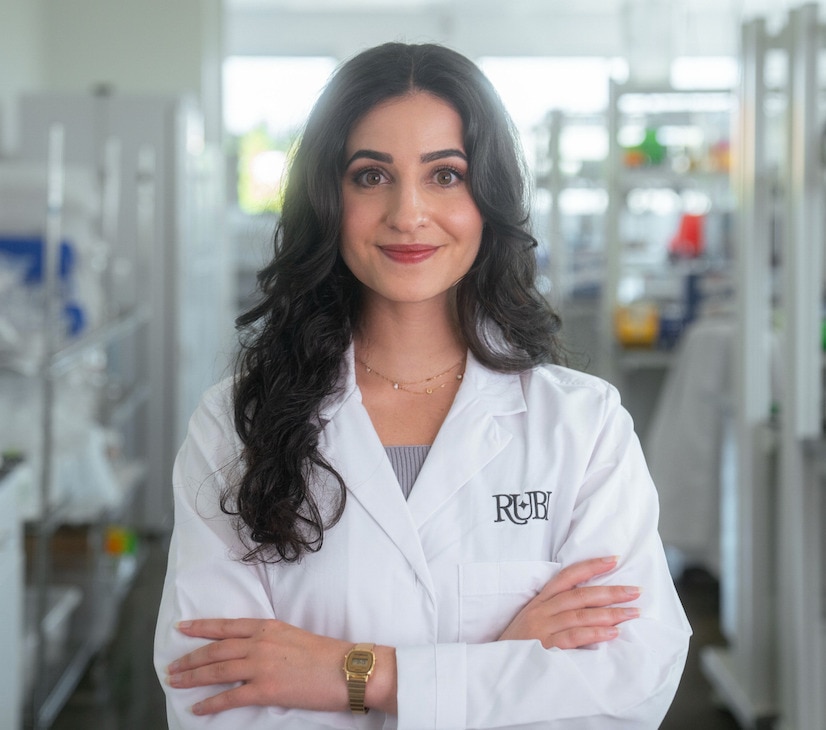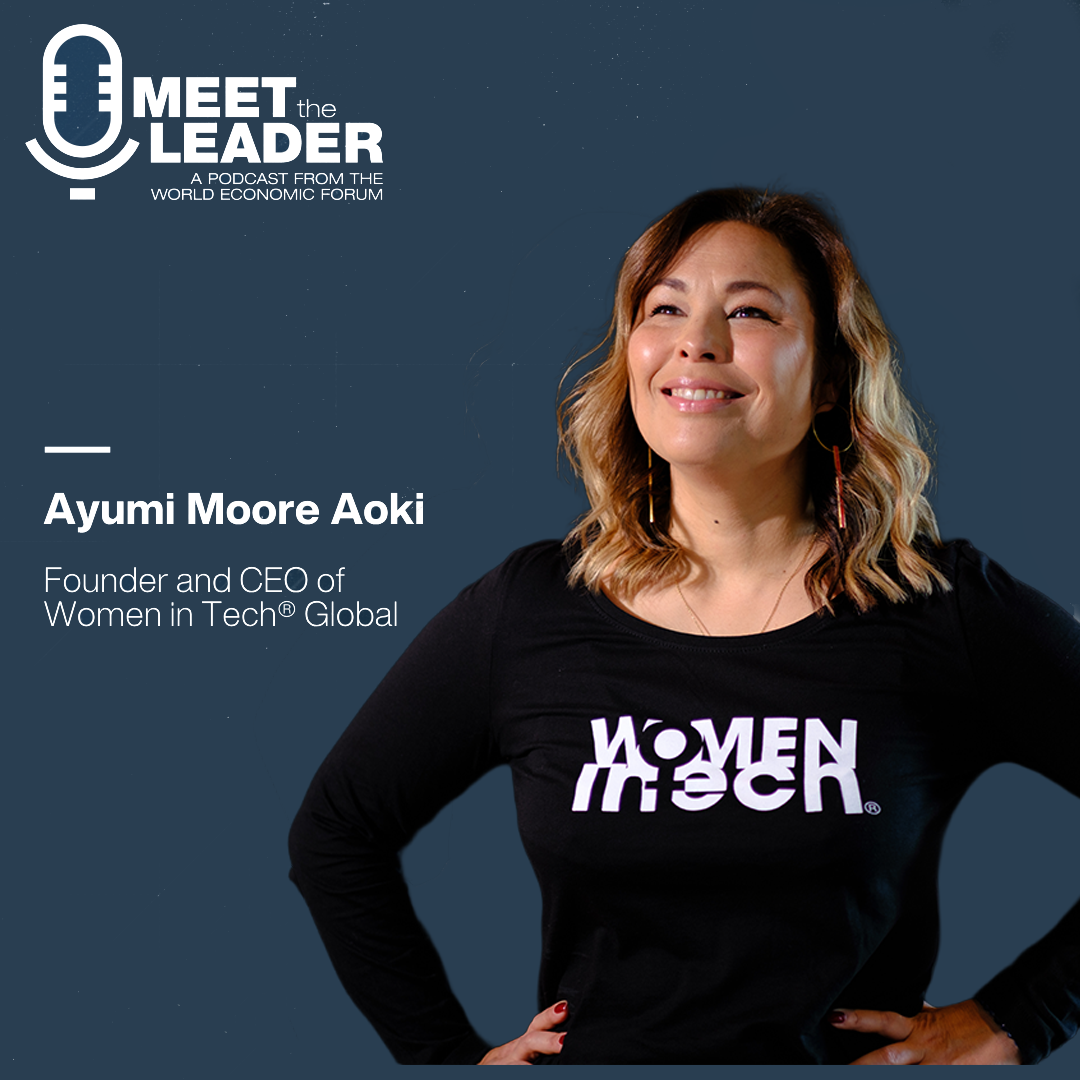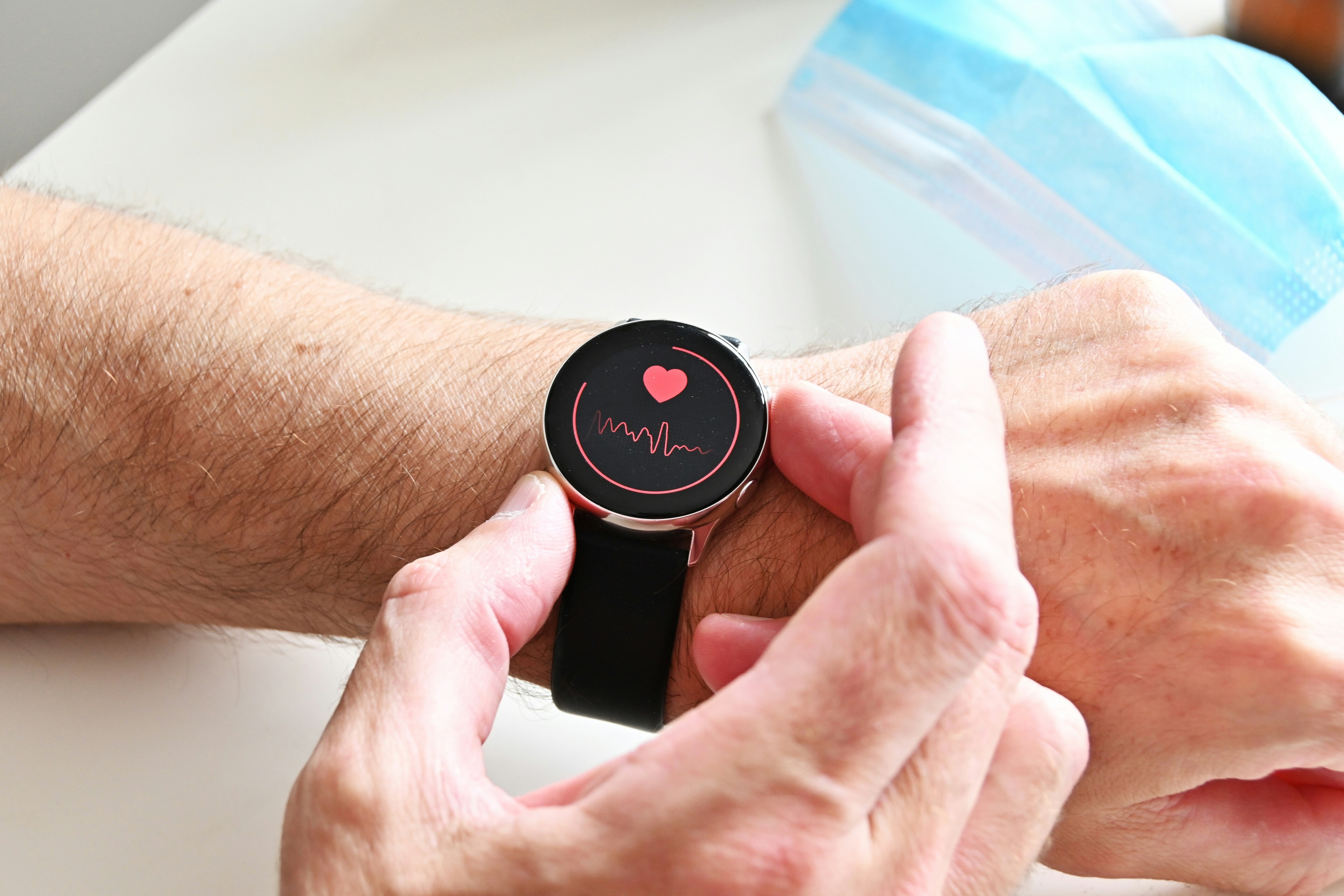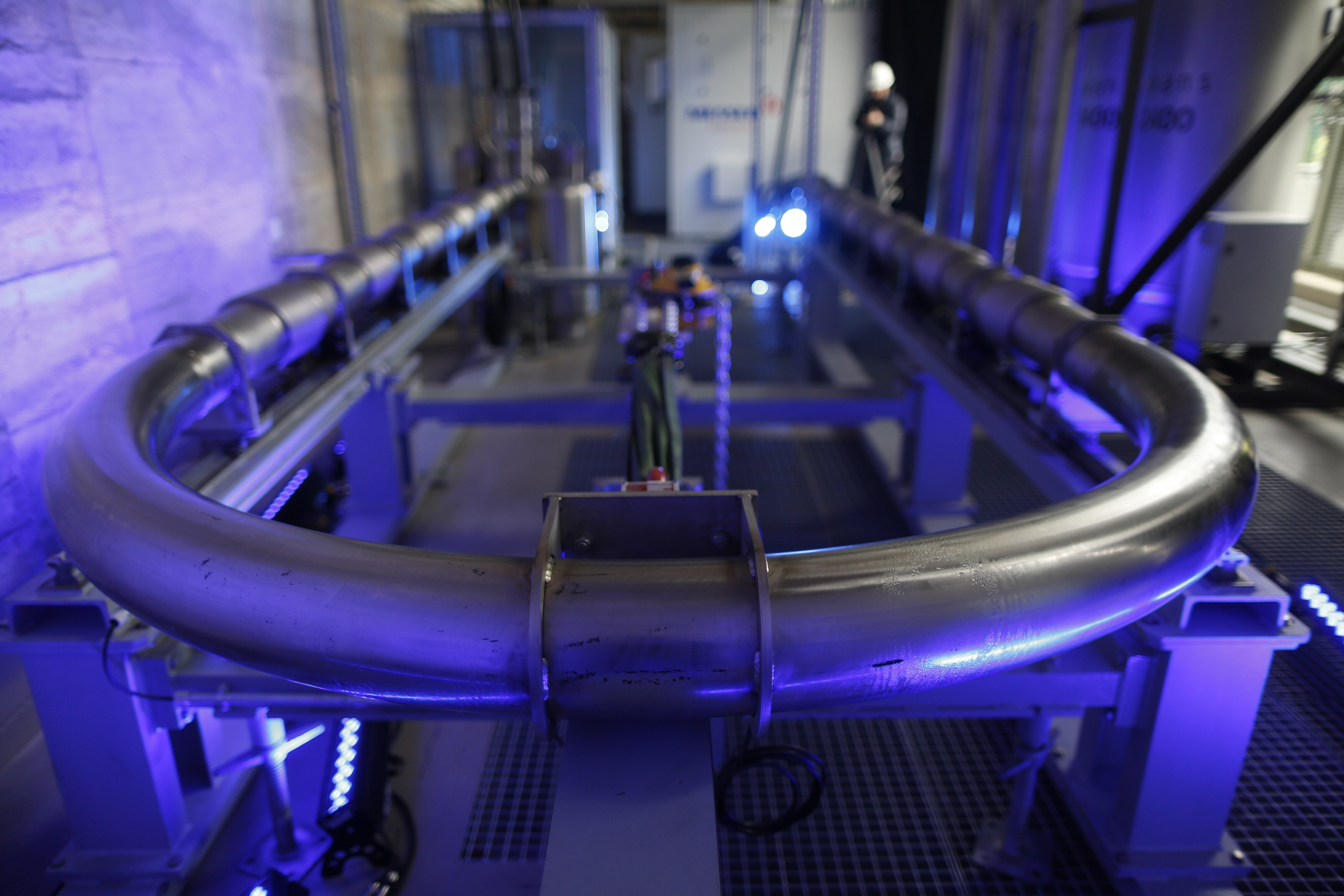These sisters are turning CO2 into textiles
This video is part of: Centre for Frontier Technologies and Innovation
Neeka Mashouf and her sister Leila founded Rubi in 2021. They were inspired by the way that trees harness CO2 as a building material, capturing it from the air and converting it into cellulose. Their process is ultra-low-carbon and saves water and land resources while the textiles they manufacture are 100% biodegradable.
A new wave of eco-innovation is transforming carbon emissions into clothing. Sisters Neeka and Leila Mashouf, founders of Rubi, are pioneering a process that turns captured CO2 into biodegradable textiles.
CO2-based textiles mimic nature’s carbon cycle
Inspired by how trees absorb CO2 to create cellulose, Rubi’s process captures carbon from factory emissions and converts it into cellulose pulp using enzymes. This pulp is then spun into fibres like viscose, lyocell and rayon - materials already widely used in fashion.
Unlike traditional textile manufacturing, Rubi’s method uses ultra-low energy and carbon. It saves water, land and eliminates the need for deforestation. Even better, its materials can be recycled into new garments, supporting a circular economy.
Rubi is also using its carbon-conversion technology to produce industrial chemicals like ethylene glycol and polymers, offering sustainable alternatives to plastic-based ingredients across industries.
A World Economic Forum 2025 Technology Pioneer
As a WEF Technology Pioneer, Rubi joins a global network of start-ups developing cutting-edge technologies for social impact. Their innovation signals a bold step toward a more sustainable future.
Topics:
Technological InnovationForum Stories newsletter
Bringing you weekly curated insights and analysis on the global issues that matter.






